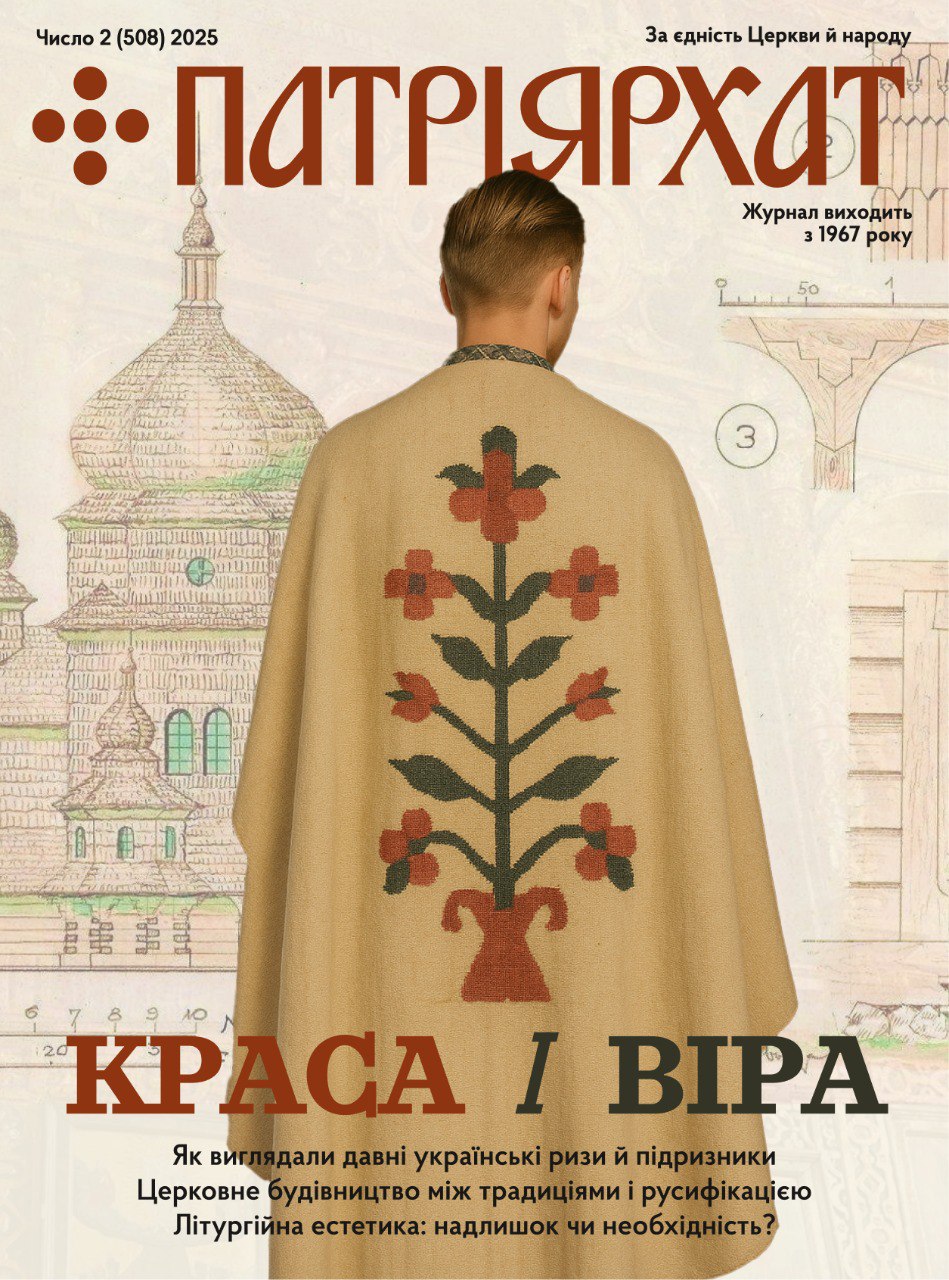Bitter resentment at what exiled Ukrainian Catholics term the Vatican’s «Ostpolitik policy» found expression this month in a massive London demonstration. Initially, about 1,500 of the faithful were expected, but in the event scores of coaches from many parts of the country disgorged a crowd estimated at 5,000 outside the Wimbledon residence of Archbishop Bruno Heim, the Apostolic Delegate.
The vast concourse, bearing slogans, handed to the Archbishop’s secretary a resolution and a petition. The resolution urged Pope Paul to abandon the policy of detente; to support the churches being persecuted in the Soviet Union; and to facilitate the granting of Patriarchal rights to Cardinal Joseph Slipyj.
In the petition the Ukrainians urgently besought the Pope to recall Bishop Augustine Hornyak, the Apostolic Exarch for Ukrainians in England and Wales, whom they accused of manifesting complete antipathy to the traditional rights of their church. «His aggressive handling of delicate matters of church policy has forced the faithful to protest publicity outside churches and the Bishop’s residence in London.
Disintegration fear «ln September 1975», the petition added «Bishop Hornyak forced two of our most devoted and respected priests to leave the Exarchate, and when the faithful protested he ordered the closure of our Parish Church in Wolverhampton, which remains closed to this day. Also our churches in Derby and Bedford have been partially closed for most of this time… the once flourishing and active religious life of our Community is dwindling away and many people fear that the commplete disintegration of our church in Great Britain is unavoidable.»
At the heart of the dissension is the Vatican’s refusal, despite repeated pleas, to recognise Archbishop Slipyj as Patriarch — a step that would put his church in line with other (smaller) patriarchates such as the Copts and Armenians, and would provide a desperately needed unifying force for the millions of Ukrainians in the West, scattered over three continents.
To Ukrainians of the diaspora Slipyj is revered as a martyr to the faith. In 1945 and 1946 Moscow carried out a purge: eleven bishops, two apostolic visitators, 2,951 priests and hundreds of monks and nuns who refused to recognise the «voluntary union» of their church with the Orthodox Patriarch of Moscow were imprisoned. The Union of Brest in 1596 with the Vatican was declared ended, and «the return to the Orthodox fold» was enforced by arrests and executions, leaving only the «church of the catacombs» for the faithful who brave the dangers.
Archbishop Slipyj, sole survivor among the bishops, was given an eight-year sentence. When he refused to renounce his affiliation with Rome he went back to prison for a further seven years, and this was followed by a third sentence. When he was released from Siberia to Rome in 1963 after the intercession of Pope John he had served 18 years, marked by much brutality.
Pope Paul reaffirmed that as Metropolitan of Lviv for Ukrainians Slipyj should be recognised as Major-Archbishop, and when in 1965 he named the Archbishop as Cardinal the Pope referred to him as а high spokesman for your unity». Yet an eloquent plea by the Archbishop to the Second Vatican Council for creating a Patriarchate failed — three bishops (including Hornyak) withdrew their signatures from a petition. The new Cardinal told the Council: «The Catholic Ukrainians who have sacrificed mountains of bodies and rivers of blood for their fidelity to the Apostolic Sea, even now are undergoing terrible persecutions, but what is worse, they are defended by no one.»
In 1971, two years after receiving a petition from a synod of Ukrainian bishops, the Pope replied that a small commission of Cardinals he appointed had rejected the plea for a patriarchate. A main reason was that jurisdiction of patriarchs was limited to the boundaries of their own territory.
A Jesuit professor in Rome, George A. Maloney, commented that «Vatican politics with Moscow play a greater role in formulating the answer» than the canonical reason given. He pointed out that no protest was entered by the Pope’s representative at the enthronement in 1971 of Moscow’s Patriarch Pimen of the Russian Orthodox Church, who joyfully announced the liquidation of the Ukrainian Catholic Church.
The Communist dialogue
Exiled Ukrainians in Britain see much evidence of the Vatican’s reluctance to displease Moscow in its negotiations on religion in the Iron Curtain countries. Soviet Foreign Minister Gromyko and Metropolitan Nykodym (a former KGB man) have both been received in audience by the Pope. Religious Genocide, published by the London Committee for a Ukrainian Catholic Patriarchate, comments that the Vatican-Moscow talks «have not stopped cruel persecutions in the Soviet Union, but have resulted in the whitewash of the Moscow regime.» Solzhenitsyn’s warning words had fallen on deaf ears. Before such a questionable venture the Vatican could have consulted such books as Stalinist Rule in Ukraine (Hryhorij Kostiuk) and The Great Terror (Robert Conquest), the Committee stated.
An important part in the Communist relations with the Roman Catholic Church, it is claimed, is played by Russicum (Russian House — La Casa Russa) in Rome. Its Rector, Rev. P. Mailleux, «and his guests from Russia, whether in priestly or civilian garments, continue to exert great influence on the Vatican’s political and ecclesiastical life.»
In the Vatican’s Ostpolitik approach the grim firsthand experiences of Archbishop Slipyj have been ignored, and while much has been sacrificed little has been gained, say Ukrainians. Bishops in Canada, the US and South American have appealed to the Pope on the patriarchate issue: Soviet dissident Anatoly Levitin has appealed to the United Nations. Meanwhile, the exiled Catholics, members of the largest Eastern Rite church, believing that without a patriarchate their church has no future, wait hopefully for what they regard as overdue justice.
(Soviet Analyst, Vol. 5, No. 22., Oct 28,76)

